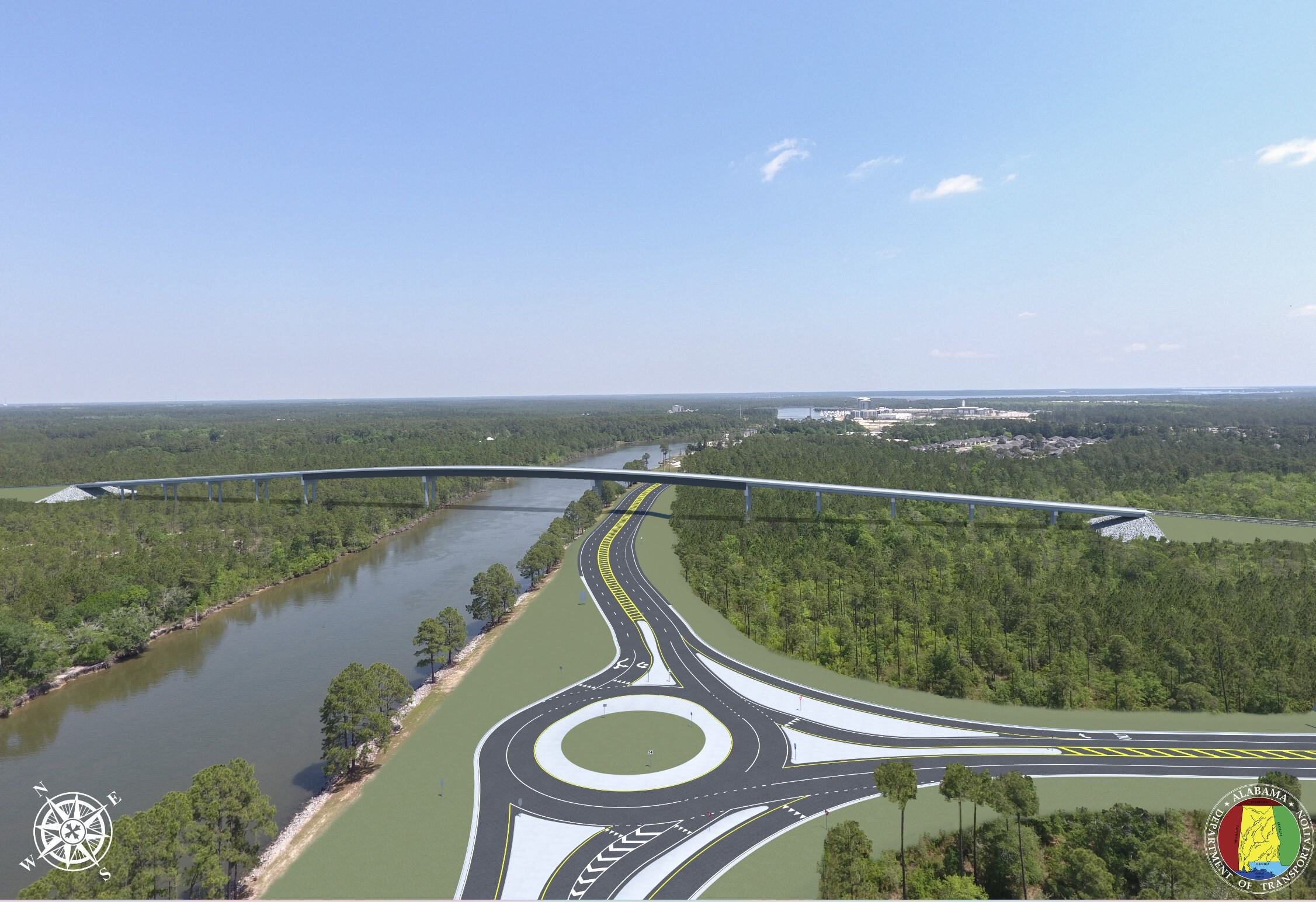UPDATE: Gov. Kay Ivey’s team maintains those communications are protected by executive or deliberative process privileges.
“The governor’s legal team is working to formally state her position, and that will be done the right way and the most transparent way – in court,” said Ivey’s Communications Director Gina Maiola. “Governor Ivey’s executive order on public records makes the request process more accessible, response times more timely and fees more reasonable, while also acknowledging that there has to be a balance for an efficiently run government.”
Maiola also pointed out that the order states, “the Alabama Supreme Court has also recognized that disclosure of government records must always be balanced against the need for government business to be conducted ‘efficiently and without undue interference.’”
FOLEY — Less than a week after Alabama Gov. Kay Ivey signed an executive order for transparency within state agencies, she filed a friend-of-the-court motion requesting to protect communications, including emails and text messages, between her office and the Alabama Department of Transportation (ALDOT).
The motion was filed in the case of the Baldwin County Bridge Company, LLC. (BCBC) v. John R. Cooper, the director of ALDOT.
The toll bridge company filed the lawsuit in October over plans to build a new bridge over the Intracoastal Waterway. BCBC said the new bridge would put them out of business or lead them into bankruptcy. The BCBC has operated the Foley Beach Express for 22 years. The toll bridge is an alternate route for beachgoers who otherwise would have to take Alabama Highway 59.
The judge in the Circuit Court case, the Honorable Jimmy Pool, ordered Cooper to produce discovery documents, including communications between himself and chiefs of staff with Ivey's office. However, that order was stopped by the Alabama Supreme Court almost immediately with an emergency order claiming executive or deliberative process privileges.
SEE ALSO: Gulf Shores, Orange Beach mayors at odds as ALDOT prepares to break ground on new bridge
Those privileges protect government agencies by allowing them to withhold information on how decisions or policies were made or created. The attorneys for the bridge company want to find out what motivations Cooper has to allow a new bridge to be built after they said, "Cooper conceded that he had no formal studies showing a need for a new bridge."
The lawsuit states Cooper is trying to undo a deal the private company, BCBC, has with ALDOT. BCBC originally secured funds to build the bridge from private investors after hearing the state needed the bridge. In return, the company would be allowed to charge a toll. BCBC attorneys believe Cooper wants the bridge to be operated by the state.
"Rather than work towards a solution, Director Cooper, by his own admission, has sought to further drive down the value of BCBC in the hopes of undoing the deal and causing it to revert to public ownership and has conceded that the rationale he previously gave under oath for building the new bridge—toll avoidance—was simply not true," the lawsuit states.
ALDOT's Tony Harris previously told 1819 News that ALDOT wants to build the bridge to reduce traffic.
Harris accused the toll bridge of being "foreign-owned." He said that the lawsuit from the bridge company would "waste taxpayer money" and "only exacerbate the traffic problems on the Gulf Coast."
"For years, ALDOT engaged in good faith negotiations, but the toll bridge company refused to agree to any requirements to reduce traffic congestion and instead demanded a 50-year guarantee that no other bridge would be built in the area, regardless of need," Harris said. "This company wanted a promise that their monopoly, which has never worked, would be protected for another 50 years. It's hard to imagine a worse idea."
A preliminary hearing in the case is scheduled for February 22.
To connect with the author of this story, or to comment, email erica.thomas@1819news.com.
Don't miss out! Subscribe to our newsletter and get our top stories every weekday morning.










